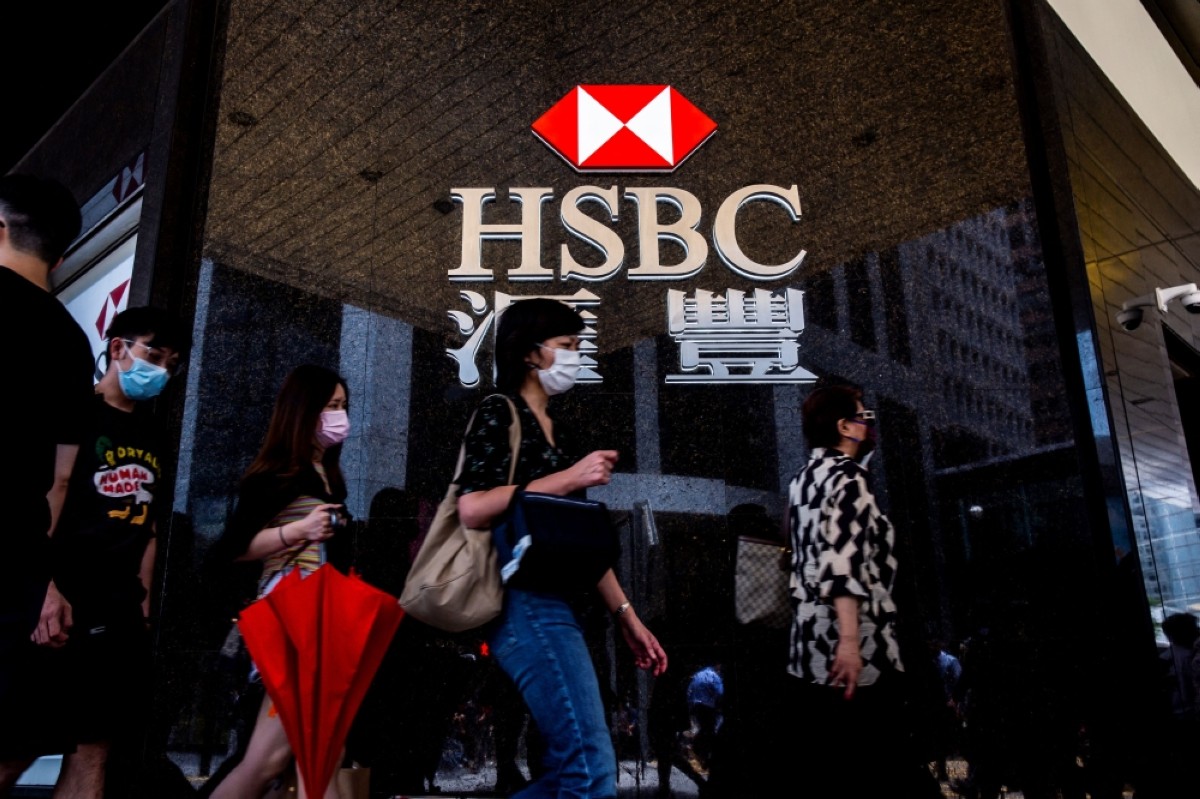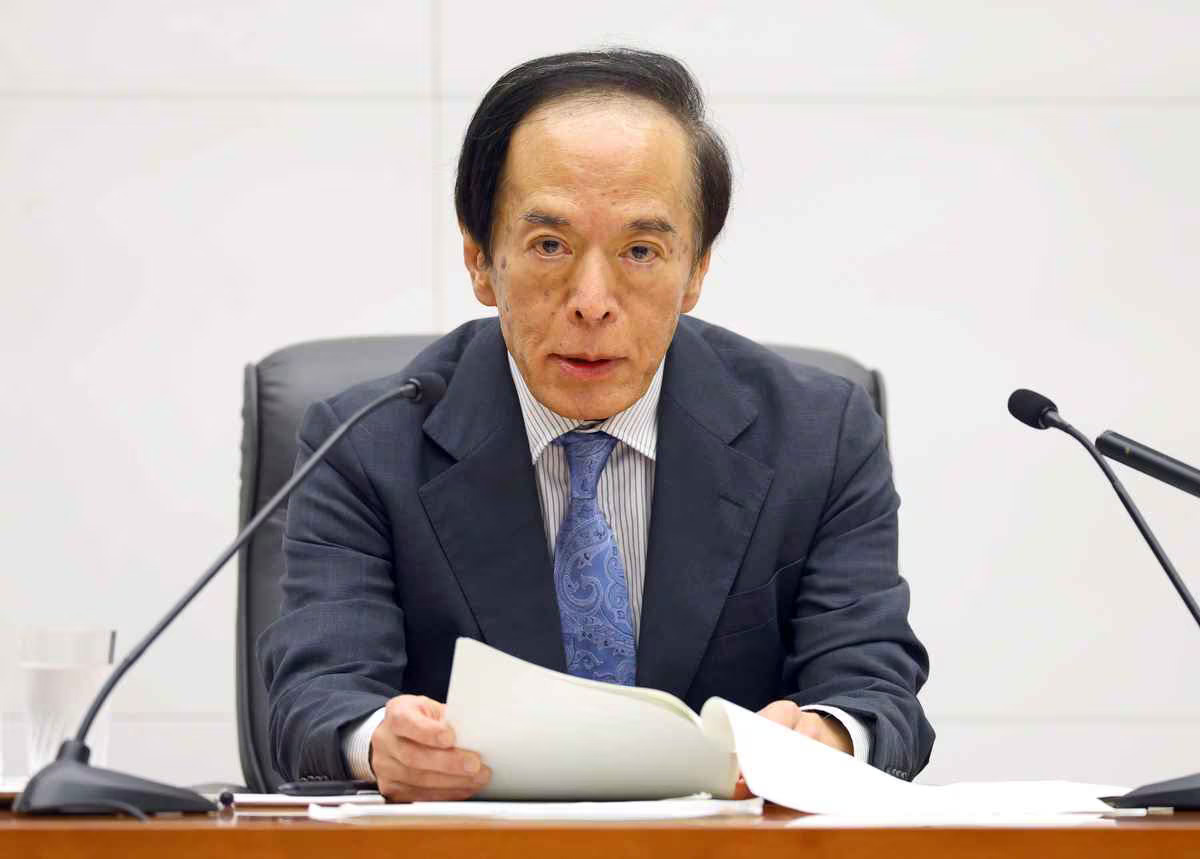UK unemployment climbs as inflation weighs on economy
LONDON: UK unemployment rose back to four percent in the three months to the end of May, official data showed Tuesday, as the economy struggles with stubbornly-high inflation.

LONDON: UK unemployment rose back to four percent in the three months to the end of May, official data showed Tuesday.
The unemployment rate increased from 3.8 percent in the three months to the end of April, the Office for National Statistics (ONS) said in a statement. The rate was back at four percent for the first time since the start of 2022. Analysts’ consensus had been for unemployment to remain at 3.8 percent. Despite the rise, finance minister Jeremy Hunt said Britain’s “jobs market is strong with unemployment low by historical standards”.
The ONS added that pay excluding bonuses had risen at record levels. “Due to high inflation, however, the real value of weekly earnings is still falling, although now at its slowest rate since the end of 2021,” noted Darren Morgan, director of economic statistics at the ONS. In a keynote speech late Monday, Hunt insisted there could “be no sustainable growth without eliminating the inflation that deters investment and erodes consumer confidence”. UK annual inflation has eased in recent months but remains close to nine percent.
This is far above the Bank of England’s two-percent target, triggering numerous interest-rate hikes from the central bank. “UK inflation is already running far hotter than policymakers had hoped, and price pressures will struggle to abate any time soon so long as earnings continue to grow at the current scorching pace,” said Matthew Ryan, head of market strategy at Ebury. The ONS revealed that average regular pay, not including bonuses, was 7.3-percent higher in the three months to May compared with the same period one year earlier. While BoE governor Andrew Bailey and Hunt call for pay restraint, thousands of public and private-sector workers continue to strike in a push for wages rises that keep up with inflation.
Meanwhile, British Finance Minister Jeremy Hunt on Monday unveiled plans to channel more of the nation’s pension fund cash into UK companies and boost the inflation-battered economy. Hunt trumpeted a deal with major pension firms to put five percent of investments—or up to £50 billion ($64 billion) by 2030 — into high-growth businesses, in turn boosting economic activity and tax revenues that fund public services. Prime Minister Rishi Sunak, whose Conservatives are trailing the main opposition Labour party before an election due next year, has vowed to slash inflation to ease a cost-of-living crisis.
The UK economy has been slammed by rising interest rates and stubbornly high inflation, which has eased in recent months but remains close to nine percent. “I want to… enable our financial services sector to increase returns for pensioners, improve outcomes for investors and unlock capital for our growth businesses,” Hunt told an audience of finance leaders at London’s Mansion House in the heart of its City financial district. Hunt added that the UK’s pension market was the largest in Europe and worth more than £2.5 trillion. And he wants to make Britain “the most innovative and competitive” financial centre in the world. The new measures will in particular seek to make the UK stock market more attractive than elsewhere to firms looking to take their businesses public.
The number of companies conducting IPOs in London last year plunged to around 40 listings compared to more than 100 in 2021. Hunt also laid out plans for an “entirely new kind of stock market” allowing private companies to access capital markets before they float. And he will look to “simplify our financial services rulebook” to ensure “growth-friendly regulation” without compromising the government’s commitment to stability. “British growth driven by British financial firepower, providing higher living standards and better-funded public services,” concluded Hunt in Monday’s speech.
“With cooperation between government, regulators and business closer than ever… we will deliver not just more competitive financial services but a more innovative economy.” Britain had last year announced measures to stimulate growth in the financial sector, in particular relaxing certain curbs that were introduced after the 2008 global financial crisis. However, despite post-Brexit reforms, London lost its crown as the top European trading hub following Britain’s departure from the EU in early 2021. – AFP.











